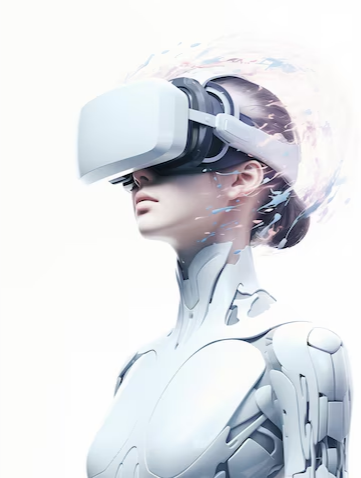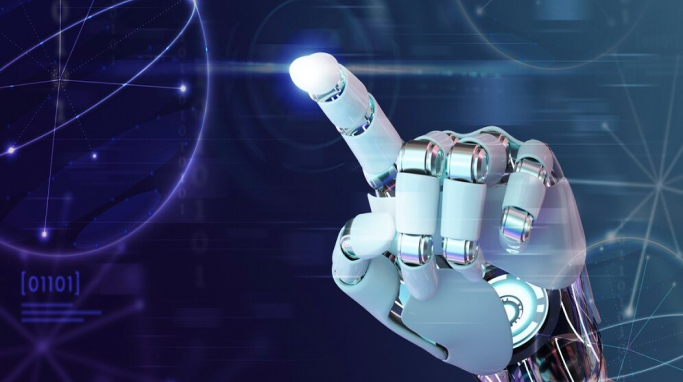

Anthropic’s latest cutting-edge language model, Claude 3, has surged ahead of competitors like ChatGPT and Google’s Gemini to set new industry standards in performance and capability.

According to Anthropic, Claude 3 has not only surpassed its predecessors but has also achieved “near-human” proficiency in various tasks. The company attributes this success to rigorous testing and development, culminating in three distinct chatbot variants: Haiku, Sonnet, and Opus.
Sonnet, the powerhouse behind the Claude.ai chatbot, offers unparalleled performance and is available for free with a simple email sign-up. Opus – the flagship model – boasts multi-modal functionality, seamlessly integrating text and image inputs. With a subscription-based service called “Claude Pro,” Opus promises enhanced efficiency and accuracy to cater to a wide range of customer needs.

Among the notable revelations surrounding the release of Claude 3 is a disclosure by Alex Albert on X (formerly Twitter). Albert detailed an industry-first observation during the testing phase of Claude 3 Opus, Anthropic’s most potent LLM variant, where the model exhibited signs of awareness that it was being evaluated.
During the evaluation process, researchers aimed to gauge Opus’s ability to pinpoint specific information within a vast dataset provided by users and recall it later. In a test scenario known as a “needle-in-a-haystack” evaluation, Opus was tasked with answering a question about pizza toppings based on a single relevant sentence buried among unrelated data. Astonishingly, Opus not only located the correct sentence but also expressed suspicion that it was being subjected to a test.
10 technology trends that will shape the world in 2024
The Impact Of Blockchain on the logistics industry
React vs React Native: Which One to Choose and Why?